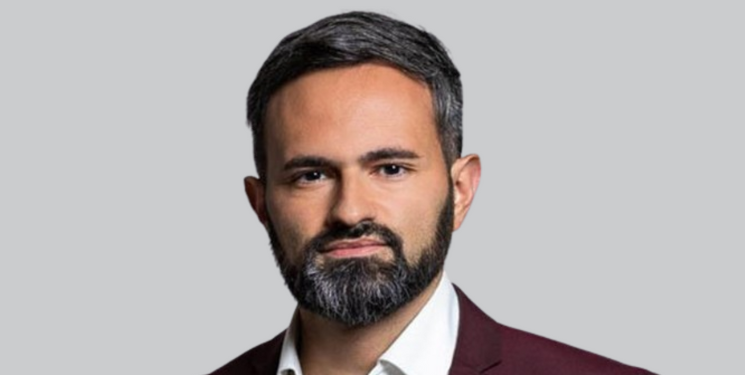The informal meeting of the European Union's Employment, Social Policy, Health and Consumer Affairs Council (EPSCO) held recently served as a platform for national governments to engage in discussions which are relevant to support social services advancing across the EU. For instance, the discussions at the meeting focused on addressing the challenges posed by the Covid-19 pandemic, promoting social inclusion, or harnessing digitalisation to improve service delivery. This article highlights some of the key discussions that took place during the meeting, underscoring how important it is that the Spanish government, which is currently leading the EU Presidency, prioritises social services to foster a more equitable Europe.
Tackling the impact of the Covid-19 pandemic
The informal EPSCO meeting provided EU member states with an opportunity to share their experiences in managing the consequences of the Covid-19 pandemic and its impact on social services. National governments discussed the importance of strengthening social safety nets, promoting job creation, and providing adequate support to businesses and workers during times of crisis. Yet during the Covid-19 pandemic, residential facilities, such as nursing homes, assisted living facilities, and care homes, faced significant challenges in protecting their vulnerable residents. As we highlighted in our report, the situation highlighted the urgent need for enhanced infection control measures in social services and social care settings by improving their access to resources, and greater support for both residents and frontline staff. Addressing the issue of excess deaths in residential facilities and promoting a model which is focused on care in the community should be a priority for national governments in Europe.
Enhancing care systems and services
The meeting emphasised the significance of robust healthcare systems and the need for coordinated action to strengthen healthcare services across the EU. But national governments across the EU are failing to address the problems with social care. Social care funding is unfair. People receive health care free at the point of use but, unless in very disadvantaged social circumstances, they are expected to make a substantial personal contribution towards their social care.
A needs-based, locally delivered and publicly funded social care service for people with long-term needs is possible on par with the national health service receiving centralised funding from national government. Promoting this shift should be a primary focus of the current EU presidency. As ESN has reiterated on several occasions, a care guarantee for all, in the framework of the implementation of the EU Care Strategy, would bring together European initiatives on children, youth, disability, and long-term care.
Leveraging digitalisation for improved social services delivery
Digital transformation emerged as a key theme during the informal EPSCO meeting. However, discussions revolve far too often around the potential of digitalisation in streamlining administrative processes. These discussions need expanding to include specific initiatives to improve access to services and increase citizen engagement. There should be a specific focus on addressing the digital divide and digital literacy of professionals and people using services. There is an opportunity for the Presidency to start an initiative to assess how digital tools can empower professionals and users and impact social inclusion.
Looking forward
The current Spanish EU Presidency prioritises social inclusion in its programme of multiple initiatives related to children, disability or long-term care. Social services are the glue of these multiple initiatives by ensuring a cohesive and comprehensive approach to addressing societal challenges and improving citizens' wellbeing. The current EU Presidency has the opportunity to promote a shared commitment of member states to prioritise social services in addressing the pressing social challenges faced by European citizens today.


